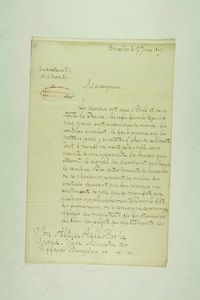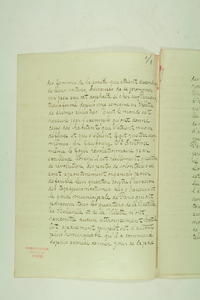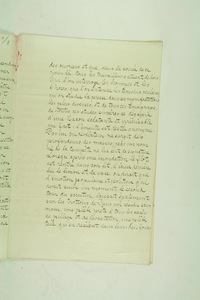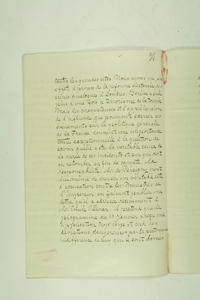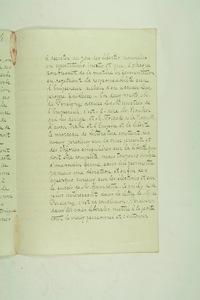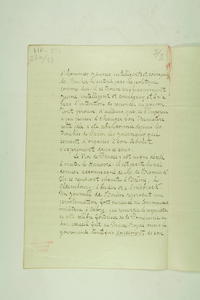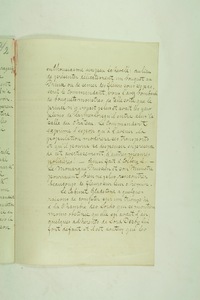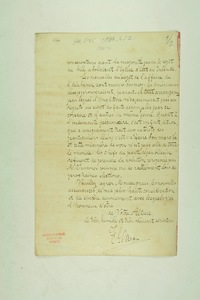Ottoman Diplomats
Letters from the Imperial Legation in Brussels (1849–1914)
Synopsis
The disarray and incidents in Paris and the rest of France had stopped. Glavany describes the crowd on the streets, applauding for the passing cavalry soldiers who had defended them. Amongst the reassured crowd, who observed that the incidents were now in the past, there were magistrates, public servants, department prefects, etc. Glavany seems surprised by the anonymity of the revolt. No one in the crowd revealed himself as a rioter. When it came to electoral reforms, the unrest in Paris can be compared to similar incidents in London and Berlin, according to Glavany. He notes, however, that the French case was of an exceptional importance, since questions on the responsibilities and the cause of the incidents remained. In a letter for Emile Ollivier, De Persigny accused the ministers of the imperial government of having betrayed the Empire and its liberty. In his report, Glavany highlights De Persigny’s view on liberty, which had to be complete, but controlled by a firm hand. Glavany finds De Persigny’s conclusion even more interesting: the old ministers had to be replaced by young, intelligent and courageous people. About Germany, Glavany writes that the Prussian Prince finally decided to accompany Bismarck to visit Hannover. A Berliner journal reported about a strange remark of the military commander at Colberg, who reprimanded the population for the too excessively warm welcome for the Prince. About Gladstone, Glavany reports that the British government has reasons to believe in a triumph of the bill (on the abolishment of state religion in Ireland) in the House of Lords. The news on the Alabama Affair was less good, Glavany remarks. The Americans seemed to reject every arrangement, if it did not contain an expression of Britain’s regrets.
Facsimiles
How to cite
If you use this website for your own research, we kindly ask you to mention the following reference in your publications:
Consulted online at Ottoman Diplomats: Letters From the Imperial Legation in Brussels (1849–1914) (2014 Edition), Centre for Political History (PoHis), University of Antwerp, <http://dighum.uantwerpen.be/ottomandiplomats/>.
